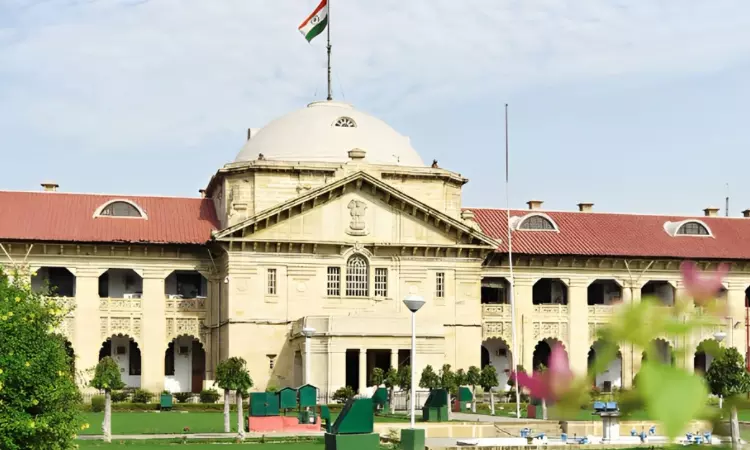Allahabad HC Appoints Rtd. CJ Govind Mathur To Lead Commission To Probe PCS-J Exam 2022 'Irregularities'
Sparsh Upadhyay
23 Dec 2024 6:54 PM IST

Next Story
23 Dec 2024 6:54 PM IST
While hearing several pleas concerning the allegations of serious irregularities in the UP-PCSJ (Mains) 2022 examination, the Allahabad High Court has appointed former Chief Justice Govind Mathur to lead an independent commission to probe into the matter. A bench of Justice Saumitra Dayal Singh and Justice Donadi Ramesh has urged the commission to file a report by May 31st, 2025,...
